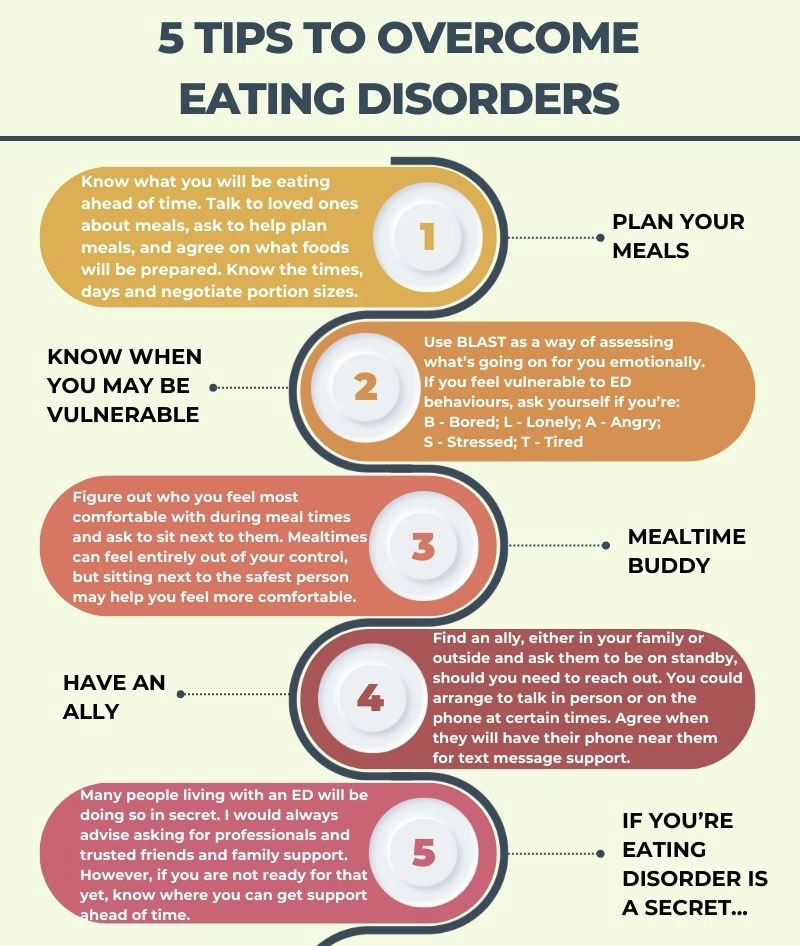This Eating Disorder Awareness Week, raising concerns about what are the underlying causes and effects, and how to support those affected.

Eating Disorder Awareness week is an initiative aimed at raising awareness and understanding of eating disorders, challenging stereotypes and stigma. Eating disorders are characterized by abnormal eating habits and severe distress about body weight or shape.
Many individuals struggle in silence due to fear of judgement or lack of understanding from others. It is imperative to break the silence and foster open conversations about eating disorders, promoting awareness, and acceptance within society.
“It was my terrible secret that I always hoped I could sort out on my own, so I would never have to admit to anyone else.” said Karen, who are willing to share her experiences with Beat. “I cried all the way through my first group meeting, even though I barely spoke, and also cried all through my first counselling session as I explained my shame. But amazingly, it felt like a relief to finally stop holding onto that secret,”
Karen is not alone. At least 1.25 million people in the UK are struggling with eating disorder. It is a kind of mental illnesses that cannot be neglected in our daily life.
“Living in recovery from an eating disorder is something that is difficult each and every day.” according to Beat, the UK’s eating disorder charity. “We need to ensure people are informed about both the mental and emotional impacts, and work together to encourage as many people to get help as possible.”
One of the most significant barriers to addressing eating disorders is the pervasive stigma and misunderstandings surrounding them.
According to Beat, it takes an average of three and a half years for someone to get treatment after their symptoms first begin. The longest delay, for both children and adults, is because they do not realise they are ill.
Therefore, increasing the awareness of eating disorders is also helpful to prevent the delay of treatment.
“I used to think it was something I would have to live with for the rest of my life. But I have found that recovery is possible.” said Karen, she has lived with binge eating disorder for about 30 years.
Eating disorders are treatable and people can and do make full and sustained recoveries. The sooner someone gets the treatment and support they need, the more likely this is, but recovery is always possible.

There is also a stereotype that eating disorders only affect young women. Actually, eating disorders can affect people of any age, gender, culture, ethnicity or background. Girls and young women aged 12-20 are most at risk, but studies suggest up to 25% of cases are boys and men.
“Many, many times in the past I have uncontrollably eaten large amounts of food before being faced with severe guilt and a wall of depression.” said Andy, a male sufferer, shared with Beat. He suggested people with same experience with him to tell someone close and seek professional help.
Beat also mentions lots of vital facts on eating disorders. People cannot tell just by looking at someone if they have an eating disorder. Although eating disorders have a serious impact on someone’s thinking and behavior, they are not guaranteed to cause noticeable changes to their appearance.
Eating disorders come in all shapes and sized and not everyone affected will ‘look will’. People may also gain, lose, or experience no obvious change to their weight as a result of the eating disorder.
The number of people seeking help and treatment has increased over the past 20 years, but it is not known whether the illnesses themselves are becoming more common. The rise could also be due to increased awareness of eating disorders meaning they are more easily recognized.
If you’re worried about your own or someone else’s health, you can contact Beat, the UK’s eating disorder charity, on 0808 801 0677 or beateatingdisorders.org.uk

